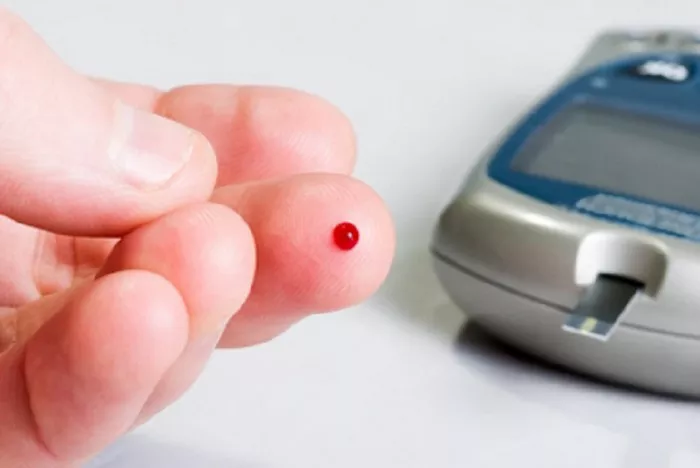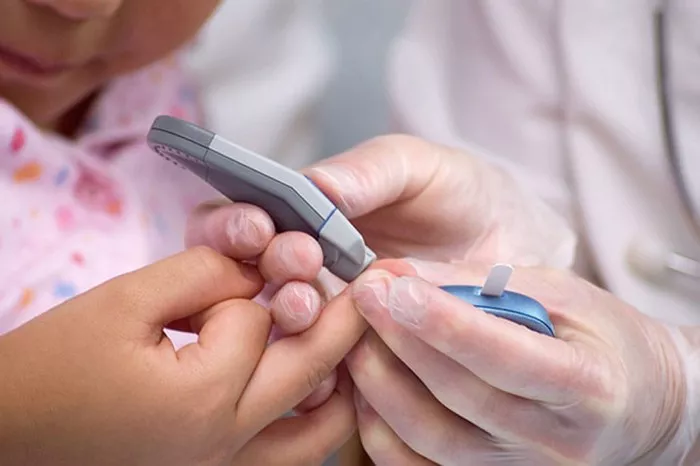For women who have experienced gestational diabetes during a previous pregnancy, the possibility of its recurrence can be a significant concern. Understanding the factors that contribute to the likelihood of having gestational diabetes again can help you navigate their subsequent pregnancies with confidence and informed decision-making.
In this article, we’ll explore the chances of having gestational diabetes again and provide valuable insights.
Gestational Diabetes
Gestational diabetes mellitus (GDM) is a type of diabetes that develops during pregnancy. It occurs when the body cannot produce enough insulin to meet the increased demands of pregnancy, leading to high blood sugar levels.
Gestational diabetes typically develops around the 24th to 28th week of pregnancy and can pose risks to both the mother and the baby if not properly managed. These risks include macrosomia (large birth weight), preterm birth, and an increased likelihood of cesarean delivery.
Factors Influencing the Likelihood of Recurrence
Several factors can influence the likelihood of experiencing gestational diabetes again in subsequent pregnancies. These factors include:
1. Previous History of Gestational Diabetes:
Women who have had gestational diabetes in a previous pregnancy are at an increased risk of experiencing it again in future pregnancies. Studies have shown that the recurrence rate of gestational diabetes can range from 30% to 70%, depending on various factors such as maternal age, body mass index (BMI), and insulin resistance.
2. Body Mass Index (BMI):
Women who are overweight or obese are at higher risk of developing gestational diabetes in subsequent pregnancies. Excess weight, particularly around the abdomen, can increase insulin resistance and make it more challenging for the body to regulate blood sugar levels effectively.
3. Age:
Advanced maternal age (over 35 years old) is associated with an increased risk of gestational diabetes recurrence. As women age, their bodies may become less efficient at producing and utilizing insulin, leading to higher blood sugar levels during pregnancy.
4. Ethnicity:
Certain ethnic groups, including Hispanic, Asian, African American, and Native American women, have a higher prevalence of gestational diabetes and may be more likely to experience its recurrence in subsequent pregnancies.
5. Family History:
A family history of diabetes, particularly a history of gestational diabetes in a mother or sister, can increase the likelihood of developing gestational diabetes in future pregnancies. Genetic factors play a role in insulin resistance and glucose metabolism, contributing to the risk of gestational diabetes recurrence.
6. Pre-Pregnancy Lifestyle:
Lifestyle factors such as diet, exercise, and overall health status before conception can influence the risk of gestational diabetes recurrence. Women who maintain a healthy weight, engage in regular physical activity, and follow a balanced diet are less likely to develop gestational diabetes in subsequent pregnancies.
Prevention and Management Strategies
While the risk of gestational diabetes recurrence cannot be eliminated entirely, there are steps women can take to reduce their risk and manage the condition effectively:
1. Preconception Counseling:
Women who have had gestational diabetes in a previous pregnancy should receive preconception counseling to discuss their risk factors and develop a plan for managing their health before becoming pregnant again. This may involve achieving a healthy weight, optimizing blood sugar control, and addressing any underlying health conditions.
2. Regular Monitoring:
Pregnant women with a history of gestational diabetes should undergo regular screening tests for gestational diabetes early in pregnancy and again later in the second trimester. This allows healthcare providers to monitor blood sugar levels closely and intervene promptly if necessary to prevent complications.
3. Healthy Lifestyle Choices:
Adopting a healthy lifestyle before and during pregnancy can help reduce the risk of gestational diabetes recurrence. This includes maintaining a balanced diet, engaging in regular physical activity, managing stress levels, and avoiding excessive weight gain.
4. Medication, if Necessary:
In some cases, medication may be prescribed to manage blood sugar levels during pregnancy if diet and lifestyle modifications alone are not sufficient. Medications such as insulin or oral glucose-lowering agents may be used to help control blood sugar and reduce the risk of complications for both mother and baby.
Conclusion
While the risk of gestational diabetes recurrence may be a concern for women who have experienced the condition before, understanding the factors that contribute to this risk and taking proactive steps to manage it can help navigate reducing the chance. Remember, knowledge is power – empowering yourself with information and support can help you make informed decisions and achieve a successful pregnancy journey.


























